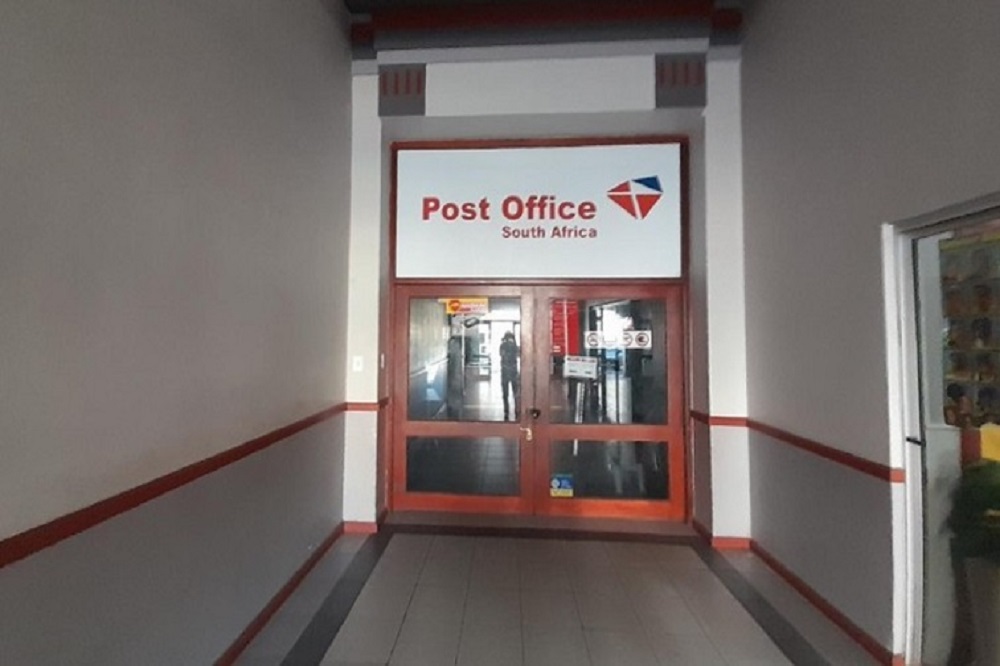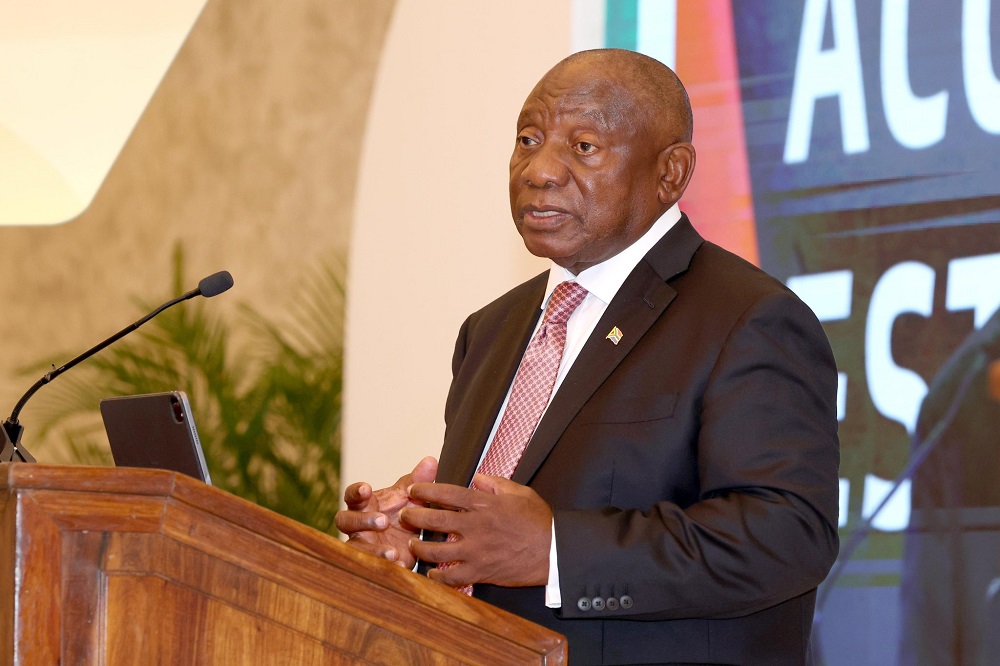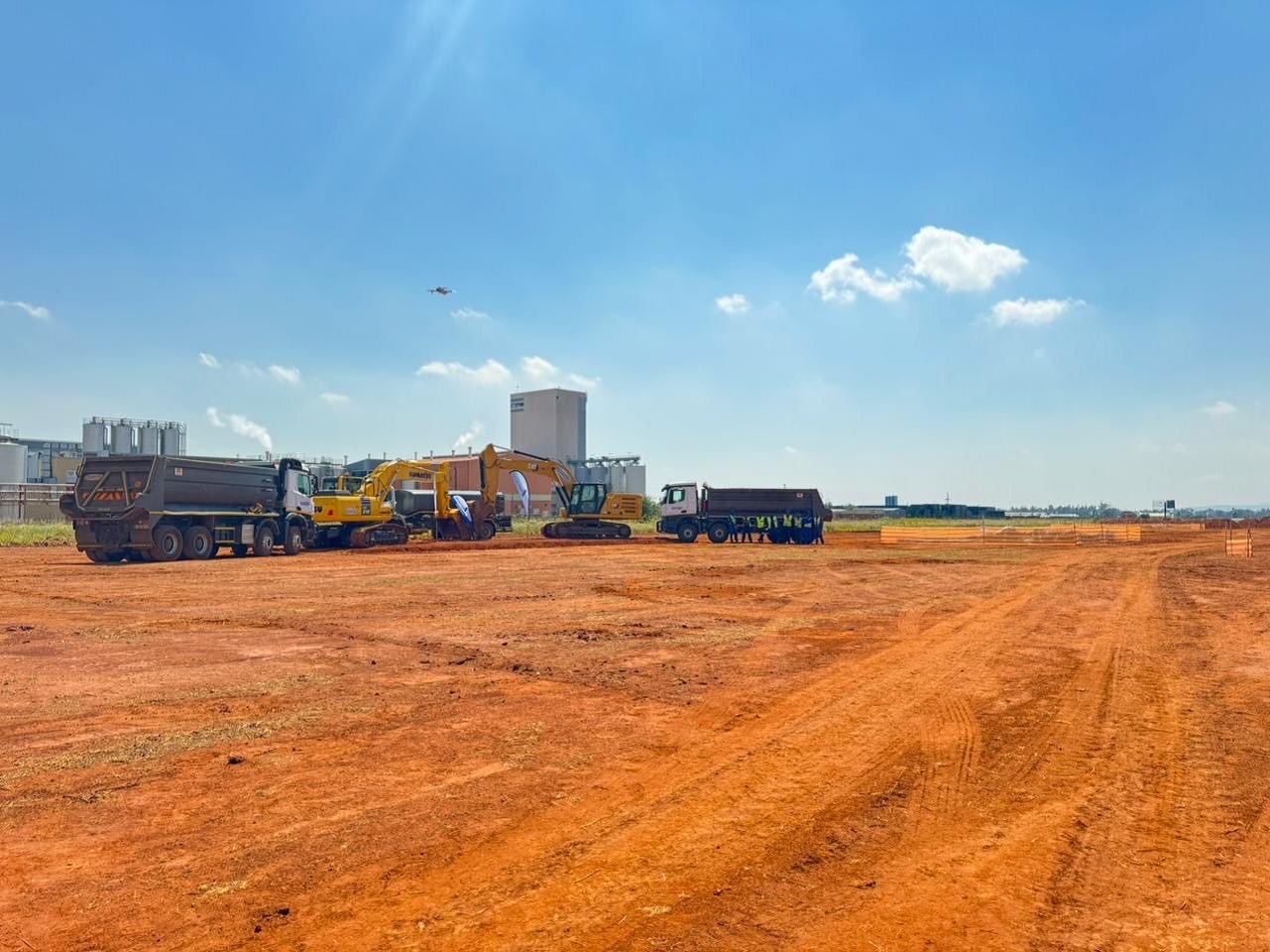A new credit utilisation survey has shown a growing dependency as consumers buckle under the pressure of the higher cost of living. This is contained in payday lender Wonga’s survey, where 85% of the 12 000 respondents actively use credit.
The drivers behind this borrowing paint a complex picture of vulnerability, resilience and untapped economic potential.
The most alarming finding of this survey is that 73% of credit users have no savings or emergency buffer. 27% rely on credit every month to cover everyday necessities like groceries, transport, and electricity. 43% borrow for unplanned emergencies. Wonga spokesperson, Tina Manyanya, acknowledges the hardship that South Africans are facing, but emphasises that South Africans are also using credit to better themselves.
Wonga Spokesperson Tina Manyanya says, “What was really interesting for us is that 26% of our respondents said they use credit for developmental needs such as housing and renovations, small business funding and furthering their education. Which shows that it’s not just for emergencies and so on, but people are using credit to actually better their lives and livelihoods.”
This survey also found that many still remain excluded from accessing formal credit, forcing them into risky territory. Fifteen percent of respondents used high-cost informal lenders, also known as Mashonisas, in the past year, while 65% say they had been declined for formal credit, forcing them towards informal sources.
Wonga survey shows consumers now actively using credit to survive high costs
Manyanya cautions against the risks of this route. “Here, the risk is, informal lenders are regulated. It’s putting our population at risk. They are paying as high as 50% interest rates, which is taking away from investment and education and housing, and small business funding. In terms of why? We believe that the South African credit regulation is designed as a world-class, developed market.
“Unfortunately, that is not true for South Africa. We’re seeing that financial inclusion lags behind for people in the lower and middle income groups. So, financial inclusion is a really big theme across all provinces. There needs to be a bigger conversation, not just with lenders but with policymakers and regulators to try and make the credit frameworks more inclusive,” Manyanya explains.
Wonga survey makes a compelling case that reforming credit markets, making them safer, more inclusive, is not just an imperative but a critical economic opportunity that could transform borrowing into a catalyst for widespread economic participation and growth.











